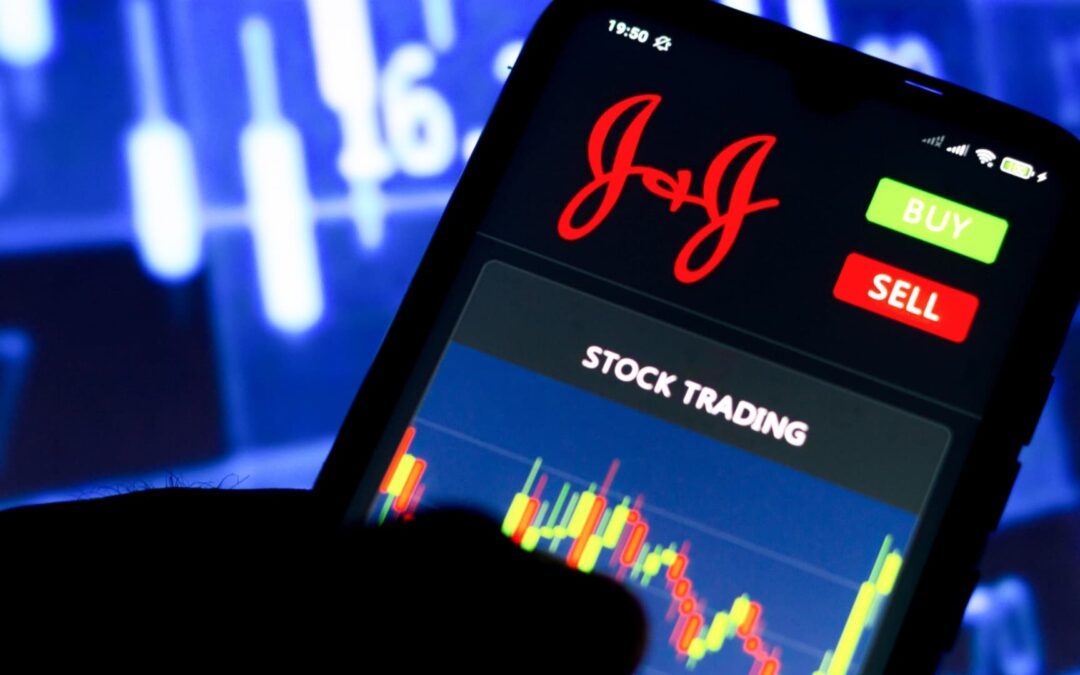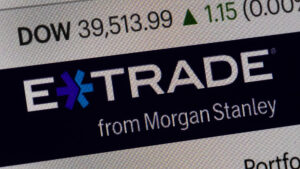The stock trading graph of Johnson & Johnson is seen on a smartphone screen.
Rafael Henrique | SOPA Images | LightRocket | Getty Images
Johnson & Johnson on Tuesday reported fourth-quarter earnings and revenue that narrowly edged out Wall Street’s expectations as sales in the company’s pharmaceutical and medical devices businesses surged.
J&J also provided full-year guidance for 2024, forecasting sales of $87.8 billion to $88.6 billion and adjusted earnings of $10.55 to $10.75 per share.
Here’s what J&J reported for the fourth quarter compared with what Wall Street was expecting, based on a survey of analysts by LSEG, formerly known as Refinitiv:
- Earnings per share: $2.29 adjusted vs. $2.28 expected
- Revenue: $21.40 billion vs. $21.01 billion expected
J&J, whose financial results are considered a bellwether for the broader health sector, booked $21.40 billion in total sales for the final three months of 2023, up 7.3% from the same quarter in 2022.
The pharmaceutical giant reported net income of $4.13 billion, or $1.70 per share during the quarter. That compares with net income of $3.23 billion, or $1.22 per share, for the year-ago period.
Excluding certain items, adjusted earnings per share were $2.29 for the fourth-quarter of 2023.
The results come six months after J&J completed its spinoff of consumer health unit Kenvue, the company’s biggest shake-up in its nearly 140-year history. J&J is now zeroing in on its pharmaceutical and medical devices divisions to drive growth.
But the company’s pharmaceutical business, which develops and markets drugs, faces a big hurdle.
J&J will soon begin price talks with the federal Medicare program over its blood thinner Xarelto and blockbuster drug Stelara, which is used to treat Crohn’s disease and a handful of other conditions.
President Joe Biden’s Inflation Reduction Act, which passed in 2022, empowered Medicare to negotiate down drug prices for the first time in the program’s six-decade history. J&J signed an agreement to participate in the price talks in October, even after it sued the Biden administration to halt the process in July.
The negotiated prices for the drugs will go into effect in 2026.
The fourth-quarter results also come amid investor concern over the thousands of lawsuits claiming that J&J’s talc-based products were contaminated with the carcinogenic asbestos and caused ovarian cancer and several deaths.
Those products, including J&J’s namesake baby powder, now fall under Kenvue. But J&J will assume all talc-related liabilities that arise in the U.S. and Canada.
In 2021, J&J offloaded its talc liabilities into a new subsidiary, LTL Management, which immediately filed for Chapter 11 bankruptcy protection. But a federal bankruptcy judge in July rejected J&J’s second attempt to resolve those lawsuits in bankruptcy. J&J has said LTL Management intends to appeal the decision.
This story is developing. Please check back for updates.









